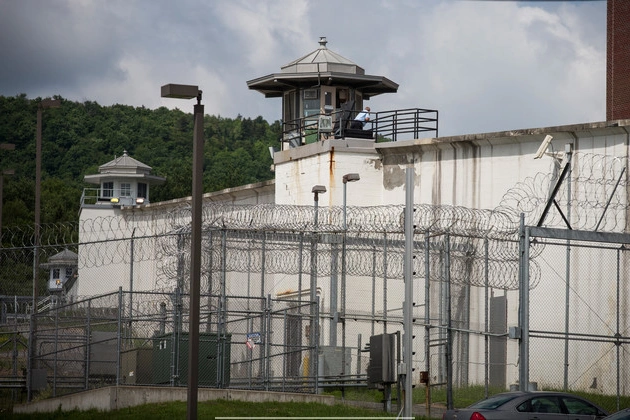
ALBANY, New York — Gov. Kathy Hochul is taking a significant step by releasing some prisoners early to alleviate the financial strain caused by a recent correction officers strike, as revealed in an internal memo.
The move has sparked both support from left-flank Democrats and criticism from a Republican rival.
Reviewing Inmates for Transition
Thomas Mailey, a spokesperson for the state’s corrections department, stated, “Commissioner Martuscello has instructed a review of incarcerated individuals slated for release in the upcoming months for potential transition into Residential Treatment.” He clarified that individuals convicted of serious crimes like sex offenses, violent felonies, murder, terrorism, or arson are not eligible. Moreover, participants must have an approved non-shelter residence.
According to a state official familiar with the matter, the early release will likely impact less than 2% of the total incarcerated population, translating to a few hundred individuals out of 32,500.
Background of the Strike
The decision stems from a wildcat strike that commenced on Feb. 17, where around 11,000 correction officers went on strike for 22 days, creating a political crisis for Gov. Hochul. The strike was in protest of mandatory overtime shifts and restrictions on solitary confinement, which officers argue are crucial for prison safety.
To address the staffing shortage, Hochul deployed 6,500 National Guard members to replace the striking officers, asserting their actions as illegal. Despite the strike’s conclusion, the state remains short of 2,000 officers, with the National Guard continuing to fill the gaps.
Financial Implications
State Budget Director Blake Washington disclosed that the strike and National Guard deployment are costing over $100 million monthly.
Hochul’s spokesperson, Matt Janiszewski, affirmed her commitment to New Yorkers’ safety and endorsed Commissioner Martuscello’s staffing strategies.
Reactions and Responses
Republican Rep. Mike Lawler criticized Hochul’s move as risky, emphasizing the need for proactive solutions rather than compromising public safety.
Conversely, left-leaning lawmakers praised the initiative but called for broader eligibility beyond having a residential address to prevent individuals from being held back due to economic constraints.
Assemblymember Latrice Walker advocated for inclusive policies, highlighting the importance of not penalizing individuals due to their family’s financial limitations.
Michaelle Solages from the state’s legislative caucus commended the decision as a practical approach to ensuring safety for all individuals in correctional facilities.











